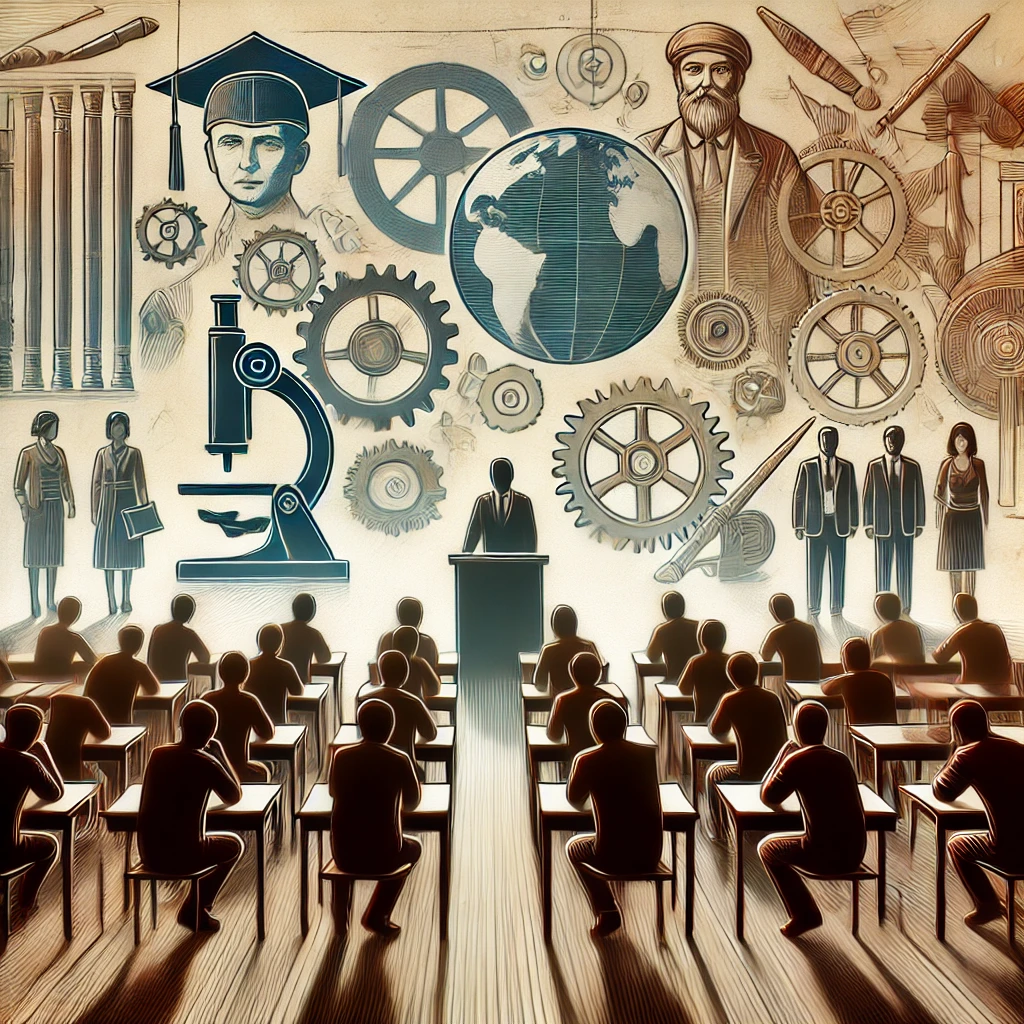Human Trafficking Settlement in Education
A group of international students has settled a lawsuit against a community college in Washington State, alleging exploitation under the guise of an exchange program. Plaintiffs claimed they were coerced into labor-intensive jobs unrelated to their educational pursuits and that the college misrepresented the nature of the program. These students, hailing from various countries, say they were promised academic opportunities but instead faced exploitative conditions, including excessive work hours, inadequate compensation, and threats of deportation if they complained.
The lawsuit has shed light on the vulnerabilities of international students and the potential for exploitation in programs that lack proper oversight. Advocacy groups argue that this case is emblematic of broader issues within exchange programs, which often operate without adequate transparency or accountability.
Is the Case Strong? The settlement indicates that the plaintiffs had substantial evidence to support their claims. Court documents and testimonies revealed a pattern of systemic exploitation, with several students reporting similar experiences. Emails and internal communications presented during the case allegedly showed college administrators prioritizing financial gains over student welfare.
Legal experts note that the case underscores the importance of clear contractual agreements and ethical standards in exchange programs. The college’s decision to settle rather than proceed to trial suggests an acknowledgment of wrongdoing or, at the very least, a desire to avoid further reputational damage. Similar cases in the past have resulted in significant financial penalties and reforms, further supporting the students’ claims.
Defendants argued that the students misunderstood the terms of the program and that any labor requirements were clearly outlined in advance. However, the evidence presented by the plaintiffs painted a different picture, one of coercion and deception. The settlement ensures that the students receive compensation, but it also raises questions about the accountability of educational institutions in protecting vulnerable populations.
Who Should Bear Responsibility? Responsibility lies primarily with the community college, which failed to provide the oversight necessary to ensure the program’s integrity. Institutions that sponsor or host international students have a duty to prioritize their educational and personal well-being. By misrepresenting the program’s nature and allowing exploitative practices, the college breached this duty.
Regulators and accrediting bodies also share responsibility for ensuring that such programs adhere to ethical standards. Enhanced oversight and stricter penalties for violations could deter institutions from engaging in similar misconduct. Advocacy groups and student organizations play a vital role in raising awareness and providing support to those affected by exploitation.
The students themselves, though victims in this case, have shown remarkable courage in coming forward. Their actions have highlighted systemic issues that require urgent attention. This case should serve as a wake-up call for institutions nationwide to reevaluate their exchange programs and ensure they are fostering genuine educational opportunities.
The human trafficking settlement in Washington State has far-reaching implications for exchange programs and international student policies. It emphasizes the need for greater transparency, accountability, and ethical practices in educational institutions. By addressing these issues head-on, stakeholders can create a safer and more supportive environment for all students.
While the settlement provides a measure of justice for the plaintiffs, it also underscores the importance of systemic change. Educational institutions must adopt stricter standards, regulators must enforce compliance, and advocacy groups must continue to shine a light on exploitation. Only through collective action can we ensure that such incidents become a thing of the past.
This case serves as both a cautionary tale and a call to action, reminding us of the profound impact that ethical lapses in education can have on individuals and communities. Moving forward, it is imperative that all stakeholders work together to uphold the highest standards of integrity and fairness in exchange programs.



